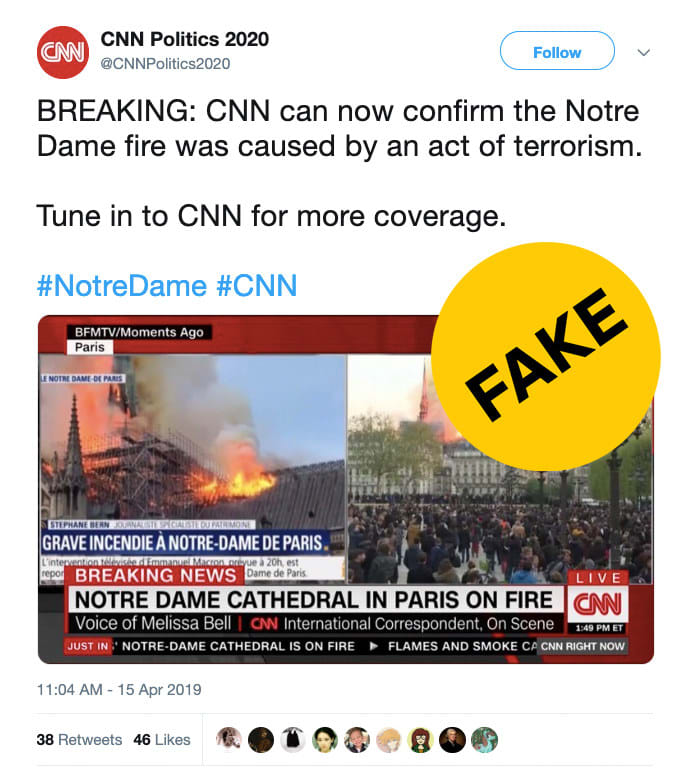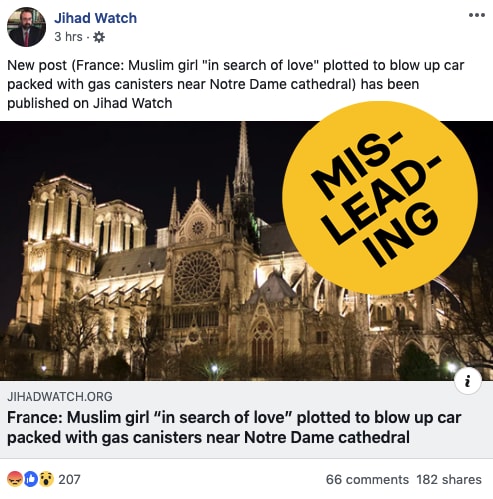Vlahos: violence is the magical substance of civil war
Tuesday, November 5th, 2019[ by Charles Cameron — Vlahos is a mighty analyst warrior poet –used to teach at the Naval War College and Johns Hopkins Advanced Academic Programs, and I wouldn’t mind at all if the poet came towards the fore in some future works ]
.
Here’s the key sentence from Michael Vlahos, Civil War Begins When the Constitutional Order Breaks Down — staggering title, that — published November 4 2019:
Violence is the magical substance of civil war.
You might think magic is nothing, a whisp of imagination good for fantasy novels with hair and silks trailing in the wind — but Ferdinando Buscema, the Institute for the Future‘s New Magician in Residence would disagree, the erudite >Erik Davis too, Hannibal Lecter, and Ioan Couliano, author of Eros and Magic in the Renaissance, as would Dumbledore, Gandalf and Merlin, and notably the poet and practicing magician WB Yeats, and before him Queen Elizabeth‘s Dr Dee — but that’s far enough back, King Arthur‘s Merlin and Queen Elizabeth‘s Dr Dee between them should give you pause for thought.
Magic is imagination. And imagination is power.
Shakespeare‘s Prospero:
It was mine Art..
**
Michael Vlahos is not unaware of the power of imagination, or morale as it is often, shape-shifting as is its wont, called on the field of battle. Indeed, Vlahos has written brilliantly about the magical properties of dreams, discussing UBL‘s dreams before 9/11 in Terror’s Mask: Insurgency Within Islam:
Usama bin Laden: “He told me a year ago: ‘I saw in a dream, we were playing a soccer game against the Americans. When our team showed up in the field, there were all pilots!’ He didn’t know anything about the operations until he heard it on the radio. He said the game went on and we defeated them. That was a good omen for us.”
Shaykh: “May Allah be blessed!”
Usama bin Laden: “Abd Rahman al-Ghamri said he saw a vision, before the operation, a plane crashed into a tall building. He knew nothing about it.”
Shaykh: “May Allah be blessed!”
You remember those dreams? What’s stirring in the unconscious is always potent as motive.
**
Vlahos, therefore, on violence as the necessary in civil war:
Violence is the magical substance of civil war. If, by definition, political groups in opposition have also abandoned the legitimacy of the old order, then a successor constitutional order with working politics cannot be birthed without violence. Hence violence is the only force that can bring about a new order. This is why all memorable civil wars, and all parties, enthusiastically embrace violence.
Think on that, in our present context, or read his whole article — and one that preceded it:
Michael Vlahos, Were Americans Made for Civil War?












